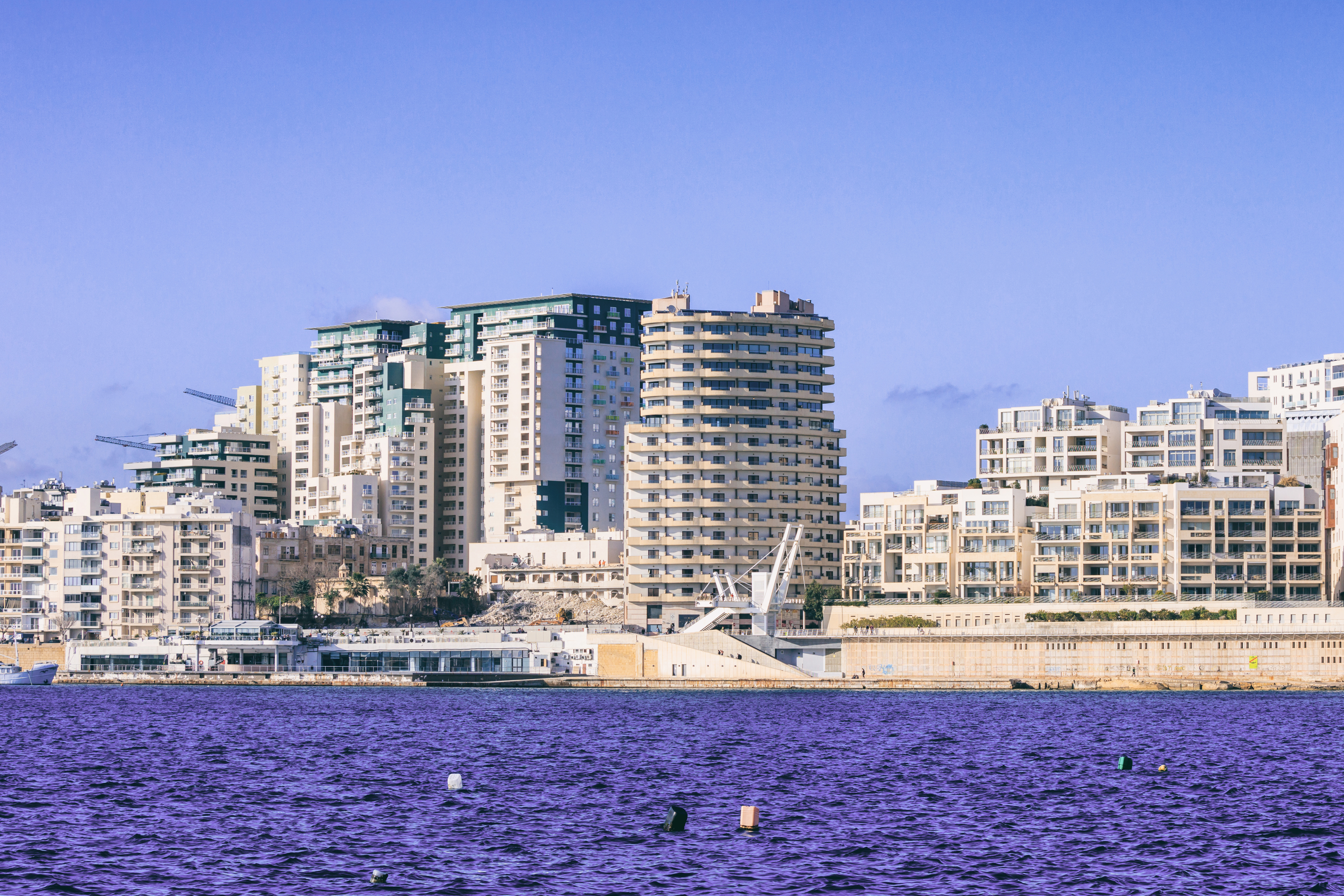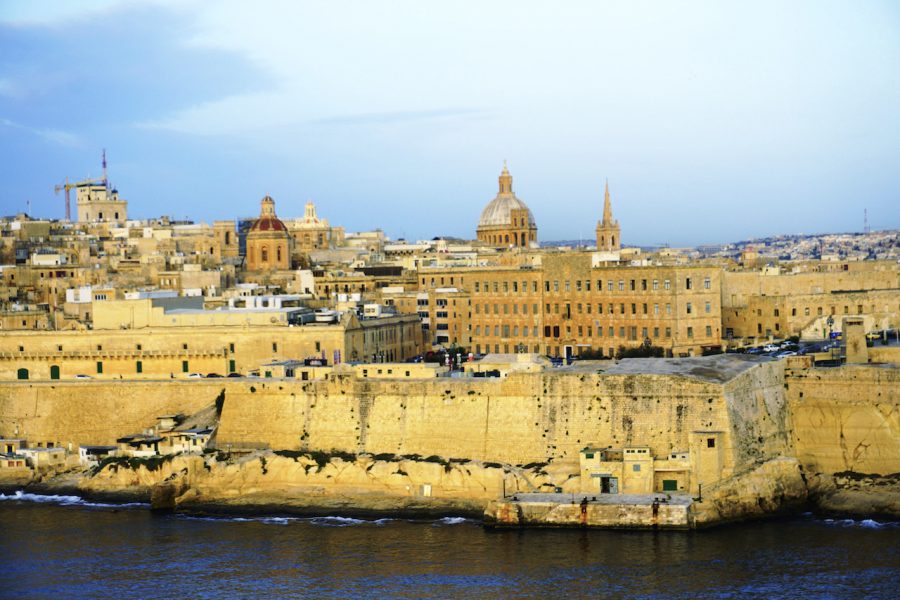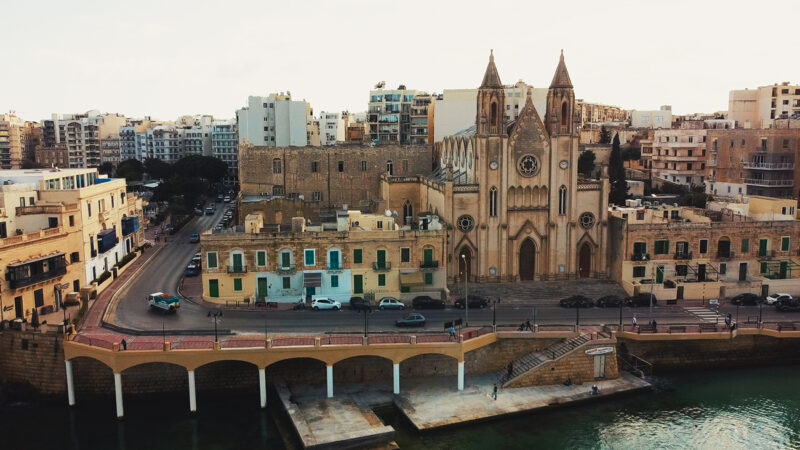In recent years, Malta has emerged as a focal point for international property investors, driven largely by its Golden Visa program. This initiative, designed to attract affluent individuals seeking residency, has not merely transformed the landscape of real estate but also sparked a dynamic shift in the local economy.
As foreign capital pours into the island, the property market is witnessing unprecedented changes—prices fluctuate, new developments sprout along the coastline, and neighborhoods once deemed undiscovered begin to flourish. What does this mean for Maltese citizens and the fabric of local communities? The implications are both exciting and complex, as the allure of foreign investment dances intricately with the heritage of this Mediterranean gem.
In this article, we delve into how the Malta Golden Visa is reshaping the property market, exploring the multifaceted consequences that ripple through an economy poised on the brink of transformation.
Impact on Property Demand in Malta

The introduction of the Malta Golden Visa program has significantly transformed the landscape of property demand on the island, igniting a fervent interest among international investors. As affluent individuals vie for residency in this Mediterranean haven, the allure of Maltas rich culture, favorable climate, and strategic location becomes even more appealing.
This surge in foreign buyers has led to a remarkable uptick in property prices, particularly in sought-after areas such as Valletta and Sliema, where luxury condos and historical gems are now considered prime investments. Simultaneously, the local property market, once dominated by domestic buyers, is experiencing a thrilling yet tumultuous shift.
With the influx of diverse nationalities bringing their unique preferences and architectural tastes, the market is not only expanding but also evolving, challenging traditional norms and sparking new development projects. As property demand escalates, the implications for the economy and infrastructure of Malta will be profound, ushering in both opportunities and challenges for local stakeholders.
Shifts in Property Values

The advent of the Malta Golden Visa has introduced significant fluctuations in property values across the archipelago. As foreign investors flock to secure residency through real estate, previously undervalued neighborhoods are witnessing unprecedented surges in demand.
Properties that once languished on the market have suddenly become coveted assets, their prices climbing to meet the aspirations of affluent buyers. This influx has not only transformed the landscape of the local real estate market but has also sparked concerns among residents about affordability and gentrification. As investment pours in, the dichotomy between the old and new Malta becomes ever more pronounced, leading to a dynamic interplay of real estate opportunities and challenges that reshapes the fabric of the community.
In this whirlwind of change, property values are oscillating, reflecting both the allure of Maltese citizenship and the realities of a rapidly evolving market.
Long-term Effects of the Golden Visa on Real Estate

The Malta Golden Visa scheme, designed to attract foreign investment, is having pervasive long-term effects on the real estate market, reshaping not just property prices but also the very landscape of urban development. As international buyers flock to the Mediterranean island, the once-stagnant property sector has started to pulse with renewed vigor.
Higher demand is driving property prices up, particularly in prime locations like Valletta and Sliema, which now see fierce competition for desirable units. Moreover, the influx of affluent investors is steering developments toward luxury living, resulting in a boom in high-end projects that cater to a wealthier clientele.
In the long run, while this may elevate local economies, it also raises questions about accessibility and affordability for residents. As construction cranes punctuate the skyline, only time will tell how deeply the fabric of Malta’s real estate market will be altered, balancing prosperity with the protection of its historical charm and community integrity.
Conclusion
In conclusion, the Malta Golden Visa program is significantly influencing the property market by attracting a diverse group of international investors seeking not only a strategic location within Europe but also a high-quality lifestyle. The influx of foreign capital is helping to drive demand for apartments for sale in Malta, leading to increased property values and a dynamic real estate landscape. As more individuals and families consider Malta as their new home, the Golden Visa program is poised to continue shaping the market, creating opportunities for both buyers and investors while enhancing the overall economic growth of the island.
Ultimately, the ongoing evolution of Malta’s property sector reflects the success of the program and its role in positioning Malta as a desirable destination in the global real estate arena.


